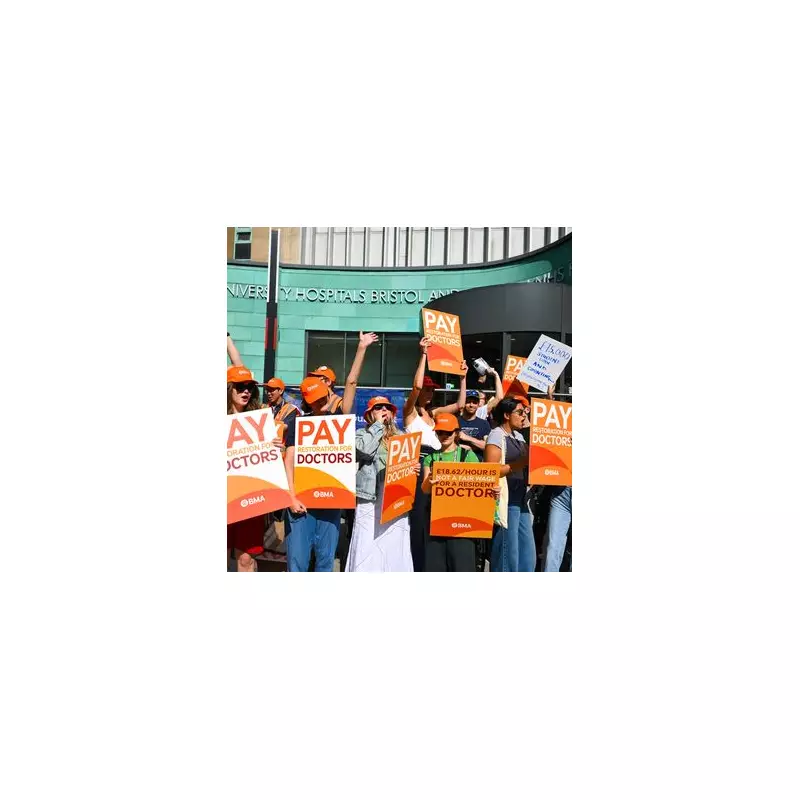
A doctor has issued a heartfelt plea for understanding, urging colleagues and the public not to judge medical professionals who choose to work during the upcoming five-day strike in England, highlighting that many simply cannot afford the financial hit.
The Stark Reality Behind the Picket Line
As doctors across England prepare to walk out from 7am on Thursday, November 14, until November 19, the British Medical Association (BMA) is pushing for negotiations on pay rises and fairer working conditions. However, not every doctor will be joining the industrial action, and one medic is explaining the critical reasons why.
Dr Dev, known on TikTok as @doctordevify, has spoken out against the judgement some doctors face for working during strikes. He explained that for many, the decision is not about a lack of support for the cause, but a matter of sheer financial survival.
'I Was One of the Poorest Paid Doctors'
Sharing his own experience as a junior doctor, Dr Dev recalled his foundation year one (F1) post, where his take-home pay was a mere £1,800 per month, a sum he described as 'abysmal'. He stated, "I was on a 40-hour-a-week contract, no unsocial hours, I was the most junior grade of doctor there is, and so I was one of the, if not the, poorest paid doctor in the UK."
He revealed that he was only able to participate in strikes during that period because his living costs were exceptionally low. "I was sharing a house with strangers and had no family commitments," he said, noting he didn't have to pay bills for others.
The Financial Strain Preventing Strike Action
Dr Dev emphasised that his situation was not the norm and that many of his colleagues face far greater financial pressures. "There are people who simply cannot afford to strike," he asserted. "They have a family, bills to pay, they have kids, maybe they're less than full-time."
He also pointed to a hidden crisis within the profession: underemployment. "A lot of doctors are actually unemployed, struggling to find a single shift, and so they need every single shift that they can find," Dr Dev explained. "They're living pay check to pay check."
In a show of solidarity, the BMA offers a solution for those in this position. Dr Dev spoke with Dr Jack Fletcher from the BMA, who confirmed the union operates a strike fund, financed by member subscriptions, to support doctors who would otherwise face financial hardship by taking industrial action.
The BMA urges any doctor who is "struggling or in financial difficulties who can't take industrial action" to apply for funds, which can enable them to join the strikes.
Despite this support, Dr Dev's central message remains one of empathy and non-judgement. He urged everyone to avoid generalising about those who work through the strikes. "We don't know what's going on behind the scenes. They may want to and support the strikes, but they simply can't afford to," he reiterated.
This sentiment was echoed in online discussions, where one commenter noted that beyond finances, some doctors fear missing crucial clinic time needed for career progression. Another doctor wrote, "I’m personally pro strikes but feel it's a very individual opinion and we should all respect each other!", highlighting the complex and personal nature of the decision each doctor must make.





